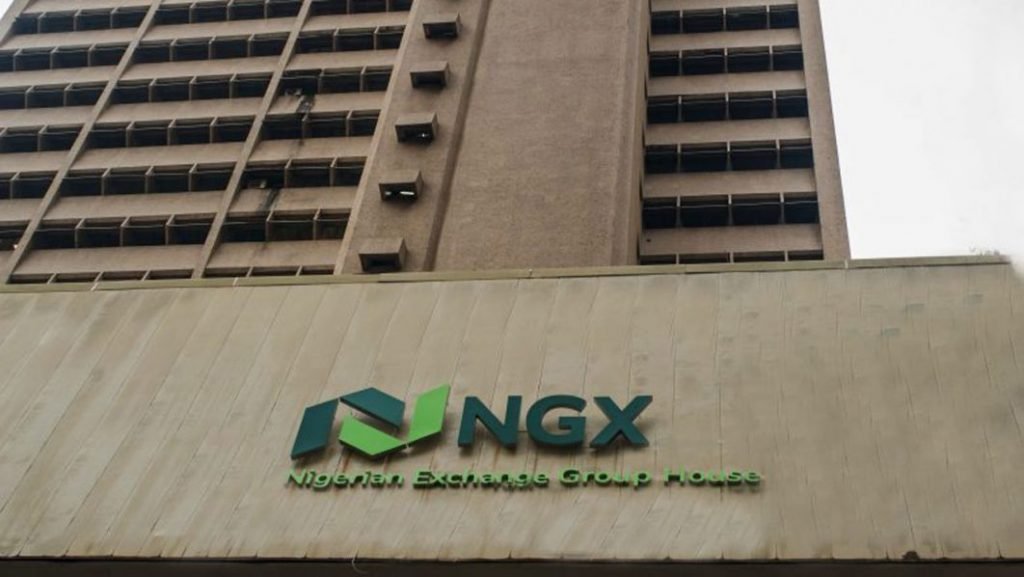
As Nigeria’s capital market deepens and structural matures, a capital market expert has stressed the urgent need for structural reforms and policy consistency to sustain the momentum and consolidate the N13.2 trillion in market capitalisation gains recorded in the first half (H1) of 2025.
The market, which has witnessed a remarkable performance across sectors, particularly in banking, industrial goods and fast-moving consumer goods, has benefited from improved investor confidence, robust corporate earnings and a relatively stable macroeconomic environment.
Experts attributed the impressive half-year rally to sustained policy reforms by the federal government and increased participation by domestic institutional investors.
However, they cautioned that without a clear framework for sustained structural adjustments, particularly in areas of fiscal discipline, regulatory efficiency and monetary policy alignment, the market’s current trajectory may be difficult to sustain in the second half of the year.
Prof. Uche Uwaleke, in his Mid-Year 2025 Macroeconomic Review and H2 Outlook, noted that while the performance so far has been commendable, the consolidation of gains requires a consistent and credible policy direction.
He stressed the importance of institutional reforms, transparency in government spending and a stable exchange rate regime to reduce volatility and attract longer-term investment to the market.
The market capitalisation gained N13.2 trillion, rising from N62.763 trillion at the beginning of the year to close at N75.962 trillion at the end of June 27, 2025.
Similarly, the Nigerian Exchange Limited all-share index (NGX-ASI) rose by 16.58 per cent, from 102,926.4 basis points on December 31, 2024, to 119,995.76 basis points on June 27, 2025.
The stock market has also delivered a substantial N25.7 trillion gain to investors year-to-date.
In July, the equities market achieved one of the largest single-month gains in recent years, rising from N75.95 trillion to N88.42 trillion, representing a N12.5 trillion or 14 per cent month-on-month gain.
According to Uwaleke, the capital market has become increasingly responsive to policy signals and economic fundamentals, making it imperative for authorities to avoid abrupt or contradictory measures that could erode investor confidence.
He added that the success of ongoing economic reforms, especially in sectors such as oil and gas, infrastructure and digital finance, would determine whether the current bullish sentiment would be sustained into the second half of the year.
“The N13.2 trillion capital gain recorded in the first half of 2025 reflects investor optimism anchored on reform momentum. But for the market to sustain this growth and achieve even greater depth, there must be deliberate efforts to maintain policy stability, enhance market governance, and deepen the range of investable instruments,” he said.
With reforms around pension fund diversification, financial inclusion and capital mobilisation underway, market stakeholders are optimistic that the capital market could emerge as a leading frontier market destination.
However, the optimism is hinged on the government’s ability to sustain reform discipline and uphold an investment-friendly policy environment through the remainder of the year.
He urged equity investors to concentrate portfolio strategies on fundamentally sound blue-chip stocks, particularly those offering low price-to-book value opportunities.
According to him, while the broader market may remain sensitive to macroeconomic variables and policy shifts, quality stocks with resilient earnings capacity and solid fundamentals will likely outperform in the coming months.
In the banking sector, Uwaleke noted that the industry is entering a critical phase of recapitalisation recalibration following the Central Bank of Nigeria’s (CBN) directive on capital thresholds.






